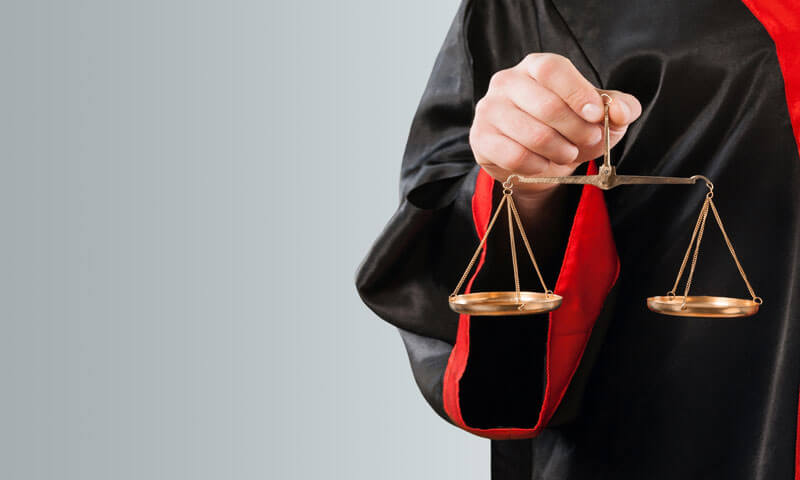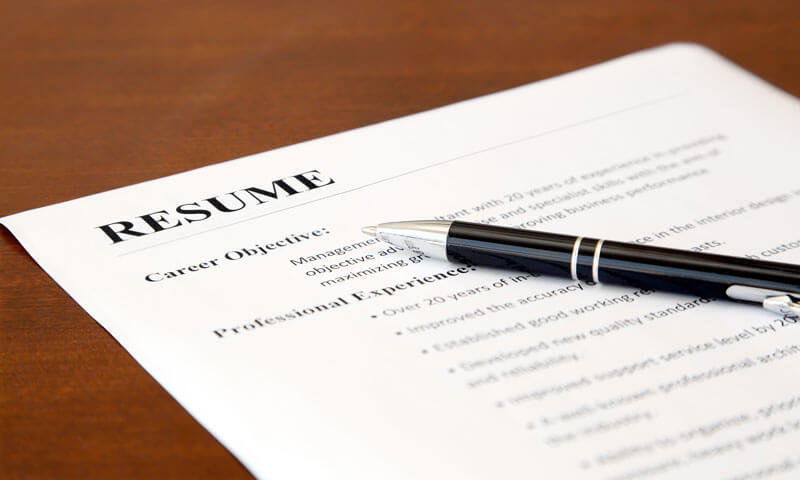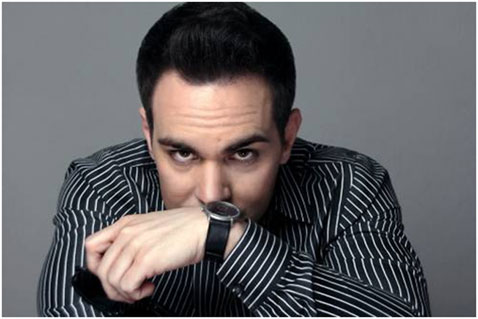Summary: Forbes listed three of the top things lawyers need to find happiness with their work.
One of the biggest complaints about being a lawyer is that it’s a stressful job that leads to unhappiness. While studies have shown that one in three attorneys are alcoholics due to depression, anxiety, or stress, do lawyers have to accept this fate?
“Happy lawyer – sounds like an oxymoron, right?,” Paula Davis-Laack wrote in Forbes. “Having practiced law for seven years, I can’t think of many of my colleagues who I would classify as happy, or even mildly enthusiastic. More troubling, when I ask my lawyer audiences how many would pick this profession if they had to do it all over again, very few hands go up.”
Despite prestige, stability and comfortable income, Davis-Laack stated that the law profession is often missing what really makes lawyers happy: autonomy, mastery, and relatedness. She stated that these attributes were studied by law professor Larry Krieger and social scientist Ken Sheldon, who authored research examining lawyer satisfaction.
The following are the top three things that Davis-Laack said makes lawyers happy:
- Autonomy: Lawyers feel good about themselves when they feel as if they have the freedom to make their own choices. Davis-Laack said that being autonomous allows lawyers to be authentic to themselves, and she stated that it is also important to work with people who allow autonomy to happen.
- Mastery: Lawyers who master their practice feel good about themselves. “Mastery is your desire to get better at something that matters to you, to feel competent and be successful at difficult tasks. Getting frequent feedback (especially about what is going right as you develop your practice), coaching in areas that need development, and mentoring all help to develop a sense of mastery,” Davis-Laack wrote.
- Relatedness: Connecting to others and feeling like you belong at work is the third thing needed to feel happiness as an attorney, according to Davis-Laack. “Relatedness is how you connect, or relate to others, and whether you feel a sense of belonging at work,” Davis-Laack wrote. “Chronic incivility depletes the legal profession’s one true resource – its people. Collegiality, on the other hand, fosters psychological safety – the feeling that the work environment is trusting, respectful and a safe place to take risks.”
Source: Forbes













































